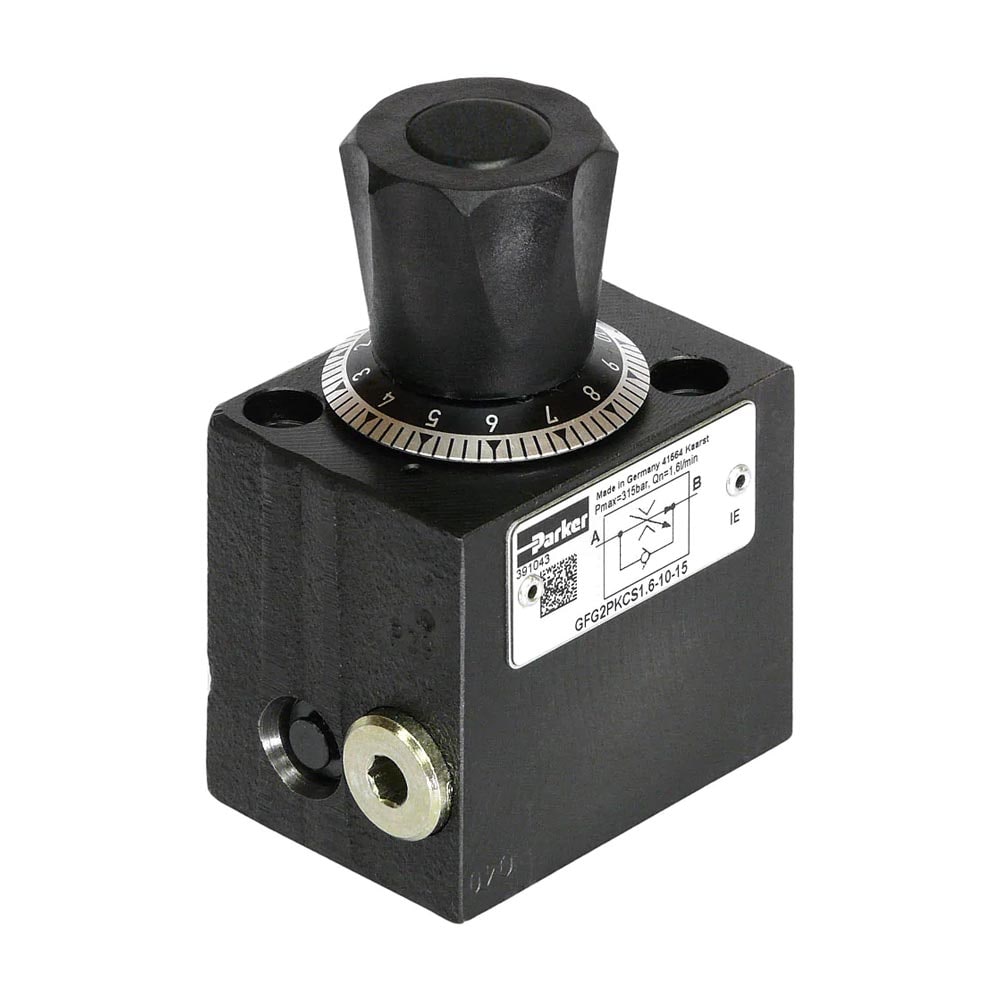Best Valve For Gas Flow Control

Pressure and temperature compensated fixed or variable flow control.
Best valve for gas flow control. Flow control valves are used in a variety of applications such as plumbing mechanical and gas dispensing applications. Often used to extend and then retract a cylinder at different speeds they create two actions and have two exhaust ports which allows you to control the speed of each action by attaching a flow control valve to each exhaust port. Latest in hydraulic valves. Gas valves are.
Parker flow control valves are designed to regulate the flow rate and pressure of media through a pipeline. For flow control applications where a ball valve is possible such as filling a tank to a reasonable degree of accuracy a trunnion or v port ball valve design is usually the best choice. They adjust and regulate flow based on the intensity of the electrical signal into the valve. The range includes pneumatic and hydraulic control valves which are designed to cope with high flow rate working pressure and can be used for a variety of.
The best type of flow control valve to use depends on the design parameters of the application. The principle difference between the nature of the flow of gas and the flow of liquid through control valves is that liquids are incompressible and gasses are compressible. As you fill it the pressure increases. Available in smaller pipe sizes than other solenoid flow adjustment valves these are often used with gas chromatography equipment and analytical instrumentation.
A good example of this is when you are filling a storage tank. Above are general guidelines based on common application characteristics. These valves close all ports in the off position to stop equipment in a locked position with air pressure holding it in place. The gas mass flow control valves are completely pressure mechanical to provide a constant flow of gas.
Here we will see how the consideration of the changes in process dynamics available valve pressure drop and control valve dynamics. Gas valves are flow control devices used to handle and control the flow of gases such as liquefied petroleum oxygen and sour and natural gas. This is given that you have a constant upstream supply gas pressure and a constantly changing downstream system pressure. Often arguments as to whether a linear or equal percentage trim is best are based on the theoretical inherent flow characteristics.
Valve rangeability is often stated as simply a deviation of the catalog flow characteristic from the theoretical characteristic. When the pressure of a liquid changes the volume and density ρ remain unchanged while on the other hand pressure changes in a gas result in both volume and density change.














































